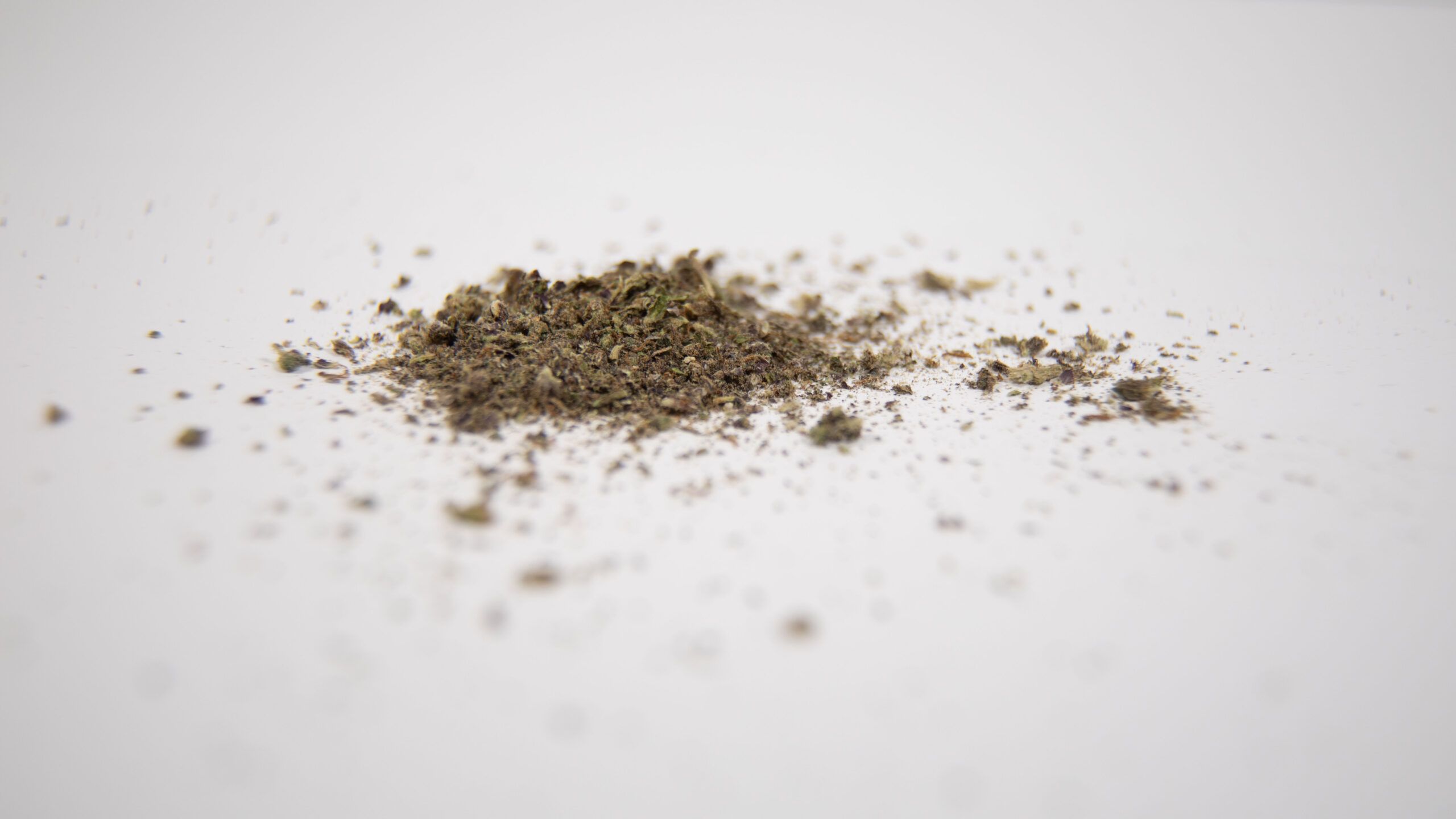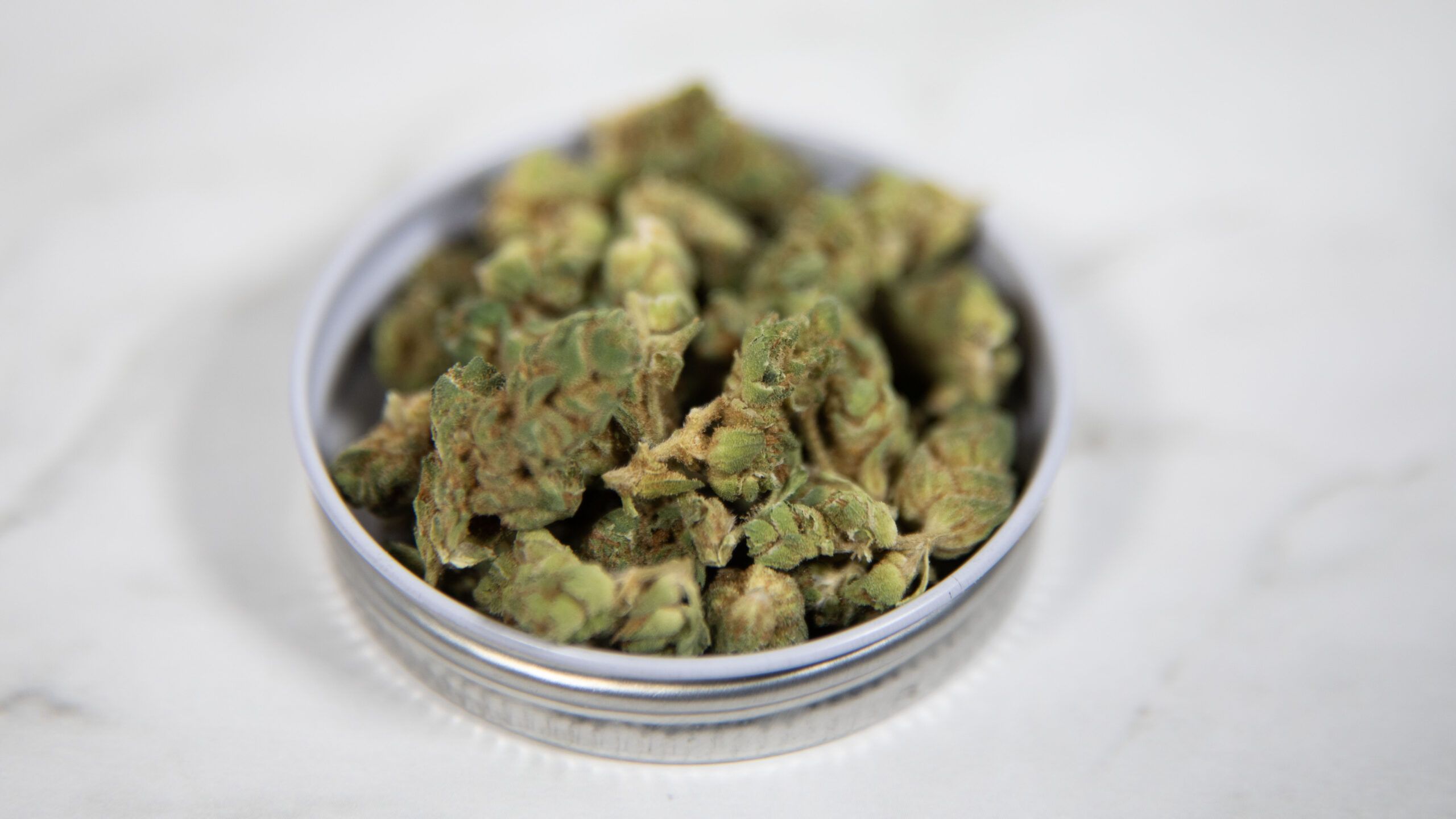Cannabis often carries a tangle of myths that persist despite mounting scientific evidence debunking them. From misconceptions about addiction and brain damage to fears of gateway effects, many misconceptions survive thanks to deep-rooted stigma, outdated propaganda, and rapidly evolving cannabis culture. Here are several popular myths that science has helped demystify—and why they still resonate today.
1. “Cannabis isn’t addictive.”
While long portrayed as harmless, research shows that about 9 % of cannabis users develop dependence—rising to 17 % for those who start young and as much as 25–50 % for frequent users. That compares to higher rates for substances like alcohol or nicotine. Nevertheless, the idea of it being “not addictive” persists, partly due to its plant-based image and comparisons to “harder” drugs.
2. “Cannabis kills brain cells.”
This old claim traces back to mid-20th-century anti-marijuana propaganda. Modern neuroscience shows no evidence of cell death from moderate use, though heavy or adolescent use may affect cognitive function temporarily. Yet the scare-tactic survives in pop culture and cautionary tales.
3. “Cannabis is a gateway drug.”
Though many people who later use other substances may have tried cannabis first, the consensus is that cannabis itself doesn’t cause progression to harder drugs. Underlying factors—like environment, genetics, and socioeconomic background—play a much larger role. The myth lingers due to oversimplified narratives and longstanding prohibitionist messaging.
4. “Cannabis makes you lazy.”
The “lazy stoner” stereotype has been scientifically debunked. One study found regular cannabis users—teens and adults alike—show no more apathy or less motivation than non-users. However, the trope persists in comedy, media portrayals, and moralistic storytelling.
5. “Cannabis causes mental illness or schizophrenia.”
There is evidence that regular use—especially in adolescents or those genetically predisposed—can increase risk for psychosis or schizophrenia. But causality is complex and tied to vulnerability and frequency of use; the majority of users do not develop such conditions. Nonetheless, vivid alarmist stories and cautionary anecdotes fuel this myth’s endurance.
6. “Cannabis can’t be medicine.”
Contrary to this myth, certain cannabis-derived products are medically approved—such as Epidiolex for epilepsy—and cannabinoids show potential for pain relief and anti-inflammatory effects. But decades of prohibition and associating cannabis with criminality leave many still skeptical of its therapeutic value.
Why These Myths Persist
Many myths endure because they were embedded during prohibition through propaganda campaigns and sensationalist media. Outdated beliefs Newer generations may still hear school assemblies or older family members echoing them.
Also, cannabis itself has evolved: THC potency has significantly increased over decades, making older anecdotal “it’s mild” comparisons misleading.
Finally, rapidly evolving legal and scientific landscapes create confusion—where legalization may outpace public understanding, leaving myths to fill the gaps.



